Mama's Musings
School's Out, Australians!
Aussie homeschooling parents, we made it through 2024! Can I get a collective high five? Now it’s time to pause, take a deep breath, and set ourselves up for an even better year ahead. I’m talking about a fresh start for 2025 — one that doesn’t feel like a hamster wheel of curriculums, activities, and Pinterest-perfect goals. Let’s keep it simple, real, and joyful.
Take Stock of 2024
Before we dive headfirst into planning, let’s reflect. Gather your kids, grab some snacks, and chat about the highs and lows of 2024. What worked? What didn’t? Did those fancy science kits gather dust? Did a random library book spark a month-long passion for volcanoes? Did a daily schedule feel like too much?
Be honest with yourselves and your kids. This is the time to let go of what didn’t work without guilt. Didn’t finish the math workbook? Who cares? Your child still learned. Didn’t stick to that detailed timetable? Maybe your family thrives better with flexibility. It’s all good. I used to get hung...
Adaptable, Loving, and Present
Homeschooling is a journey of growth - not just for our kids but for us as parents and educators. Like any journey, it brings with it twists, turns, and unexpected leaps, and in my experience, the ability to adapt to these changes is as essential as any lesson plan. Today, I’d like to share some thoughts on adapting to change as a homeschooler and why flexibility, openness, and family-centered priorities are key.

Recognising the Need to Be Flexible
One of the greatest gifts homeschooling offers is flexibility. Unlike traditional schooling, where a rigid schedule dictates the pace, homeschooling allows us to pivot when needed. But it’s easy to get caught up in our own expectations - believing we have to “finish the curriculum” or “stick to the plan” no matter what. We must remember that plans are just that: a rough guide, not a rulebook. Life will throw curveballs, and learning to embrace them with grace and flexibility helps us model adaptability for our children.

For a few year...
Debunking Common Homeschool Myths
As parents embark on the journey of homeschooling in Australia, they may encounter various misconceptions surrounding this educational choice. Below, I aim to address some of the most common homeschooling myths, empowering home educators with accurate information and dispelling any doubts they may have.
Myth #1: Homeschooled children lack socialisation opportunities.
Contrary to popular belief, homeschooling does not isolate children from social interactions. In fact, homeschoolers often engage in numerous social opportunities, such as joining homeschooling groups, attending co-op classes, participating in community programs, and taking part in extracurricular activities. These avenues provide ample opportunities for children to develop social skills, make friends, and build lasting relationships.
Myth #2: Homeschooling is less academically rigorous than traditional schooling.
Homeschooling allows parents to tailor their children's education to their individual strengths, interests, an...
Special Days
I love how Twinkl Australia creates resources especially for homeschoolers. It's like they can read our minds!
There's this Special Days Planner here which has clickable links to a lot of resources, and a link at the bottom to even more things to acknowledge and celebrate.
I love anything that gives some rhythm to the year - months, terms, special days, seasons, solstices, equinoxes, the moon...
Homeschool Haiku
Haiku's keep appearing in our lives ... so we've been writing our own at home. Here's one I wrote about homeschooling. Maybe you'd like to write some of your own?
Laughter in the air,
Knowledge blooms with each sunrise,
Homeschooling joy thrives.
Nature Walks
Nature walks for homeschooled children can be a valuable and enriching educational experience. They are one of our favourite things to do as a family! These walks can serve as a hands-on, outdoor extension of their curriculum and offer a wide range of benefits for their learning and development. Here are some considerations for nature walks specifically designed for homeschooled children...
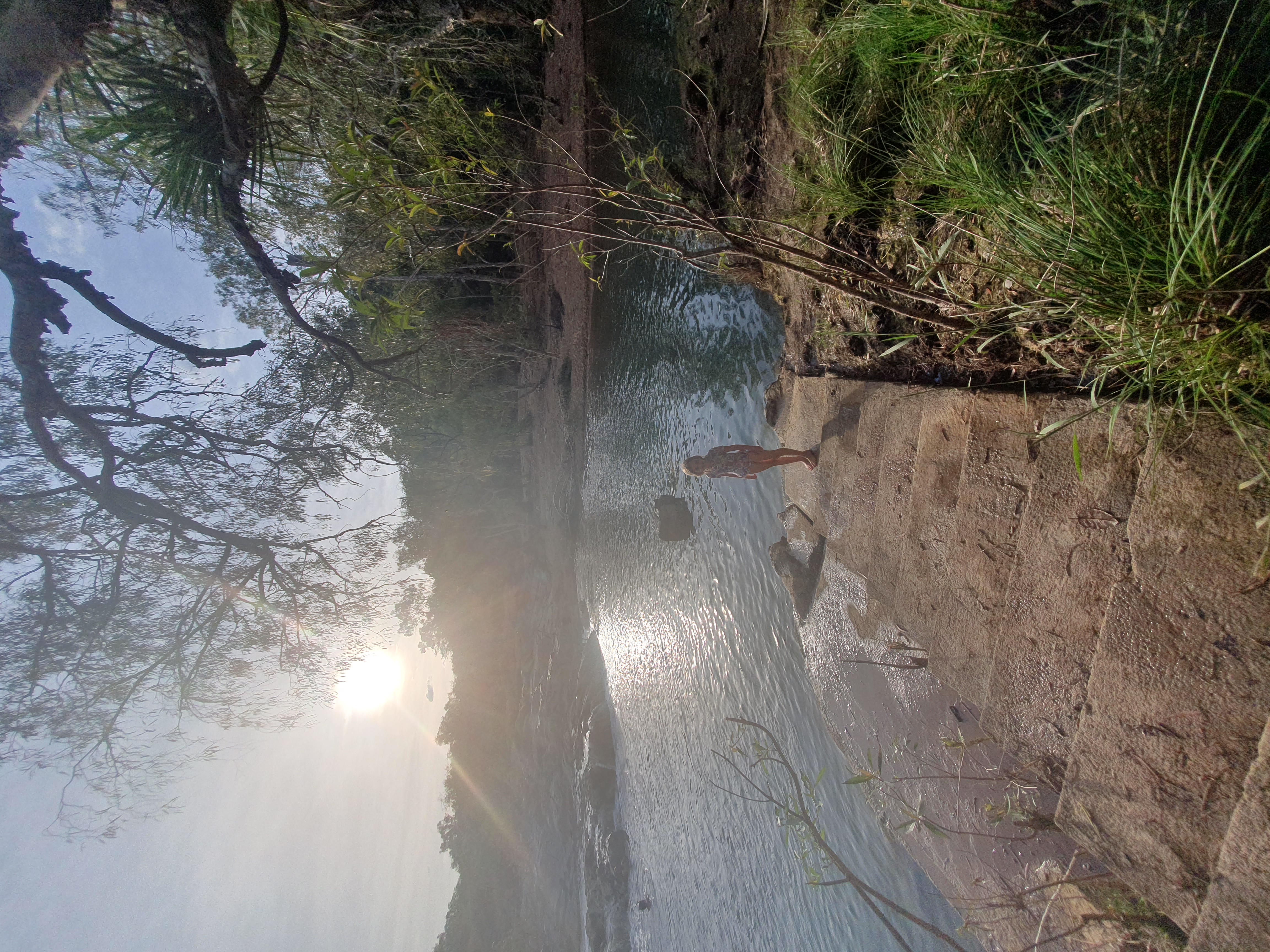
Learning Opportunities: Nature walks can be integrated into various subjects, such as biology, ecology, botany, geology, and environmental science. Parents or educators can use these walks to teach children about the natural world, including identifying plants, animals, rocks, and more.
Hands-On Science: Nature walks provide an excellent opportunity for children to engage in hands-on scientific exploration. They can collect specimens, observe wildlife behavior, and conduct simple experiments related to their surroundings.
Nature Journals: Encourage children to keep nature journals during thei...
Managing Eco Anxiety in Children
Originally appeared in the August 2023 issue of What's On Magazine
As the world becomes more aware of the impacts of climate change and environmental degradation, a new phenomenon is emerging: eco-anxiety. This term describes the feeling of anxiety, fear, and despair that can arise in response to any environmental crisis. Unfortunately, it's not just adults who are experiencing it - children are also feeling the effects of eco-anxiety.
It's understandable why children might be feeling anxious about the state of the environment. They see images of natural disasters, hear stories about species going extinct, and are told that the planet is in trouble. It's a lot for them to take in, and it can be overwhelming.
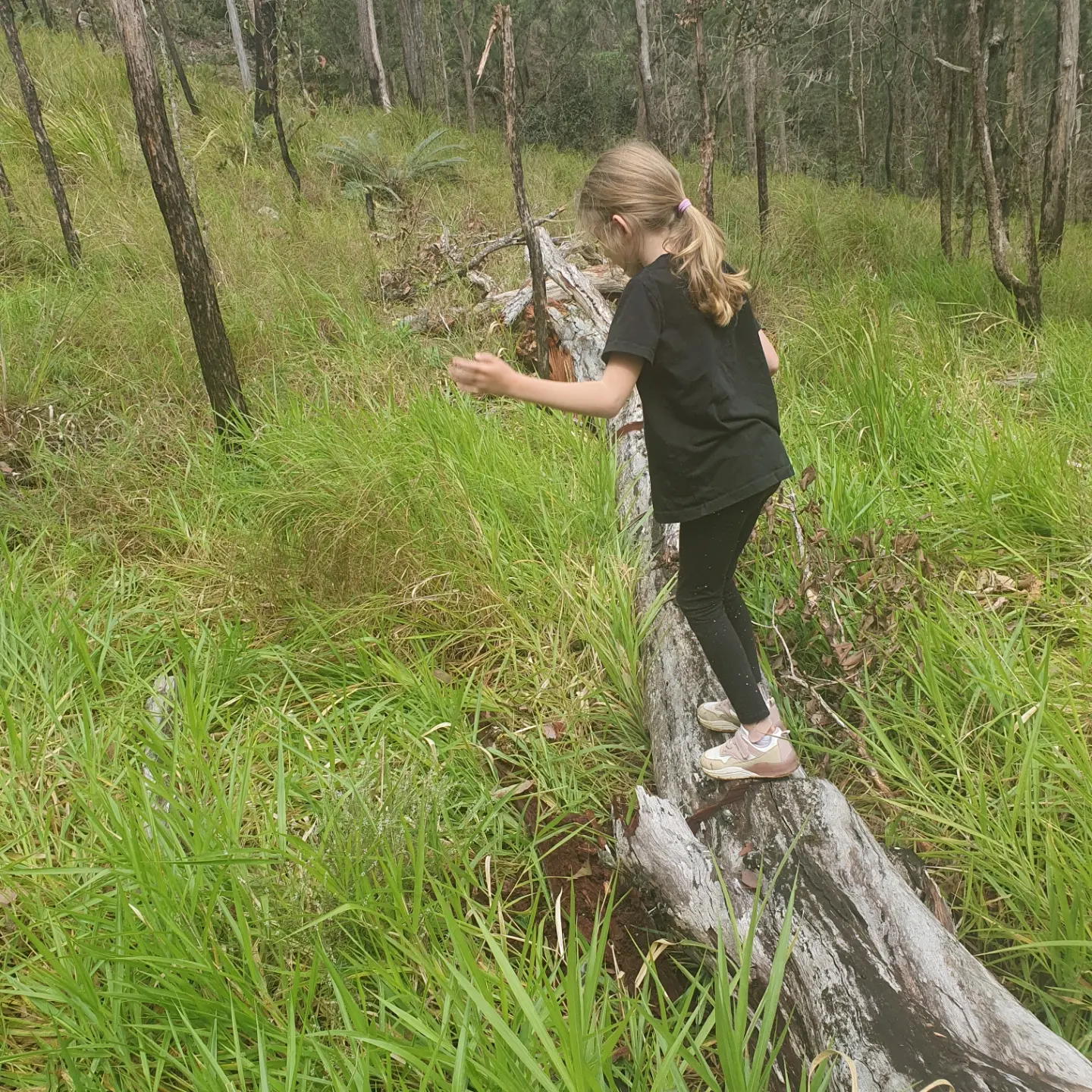
So, what can parents, carers, and educators do to help children cope with eco-anxiety?
Listen: Listen to children’s’ concerns. Let them express their feelings, and then validate their emotions. Don't dismiss their worries or tell them that they're overreacting. Instead, ackno...
One Foot Forward
Did you know that 1 in 5 people experience symptoms of mental illness each year?
In fact, every day in Australia, 9 people will die by suicide.
Mental illness can be debilitating and can have a devastating impact on not only those living with it, but those around them.
This October, I’ll be taking part in One Foot Forward to help reduce the impact of mental illness and suicide. It's the first time I've ever done a fundraising challenge like this! My goal is to walk 100km and raise $350.
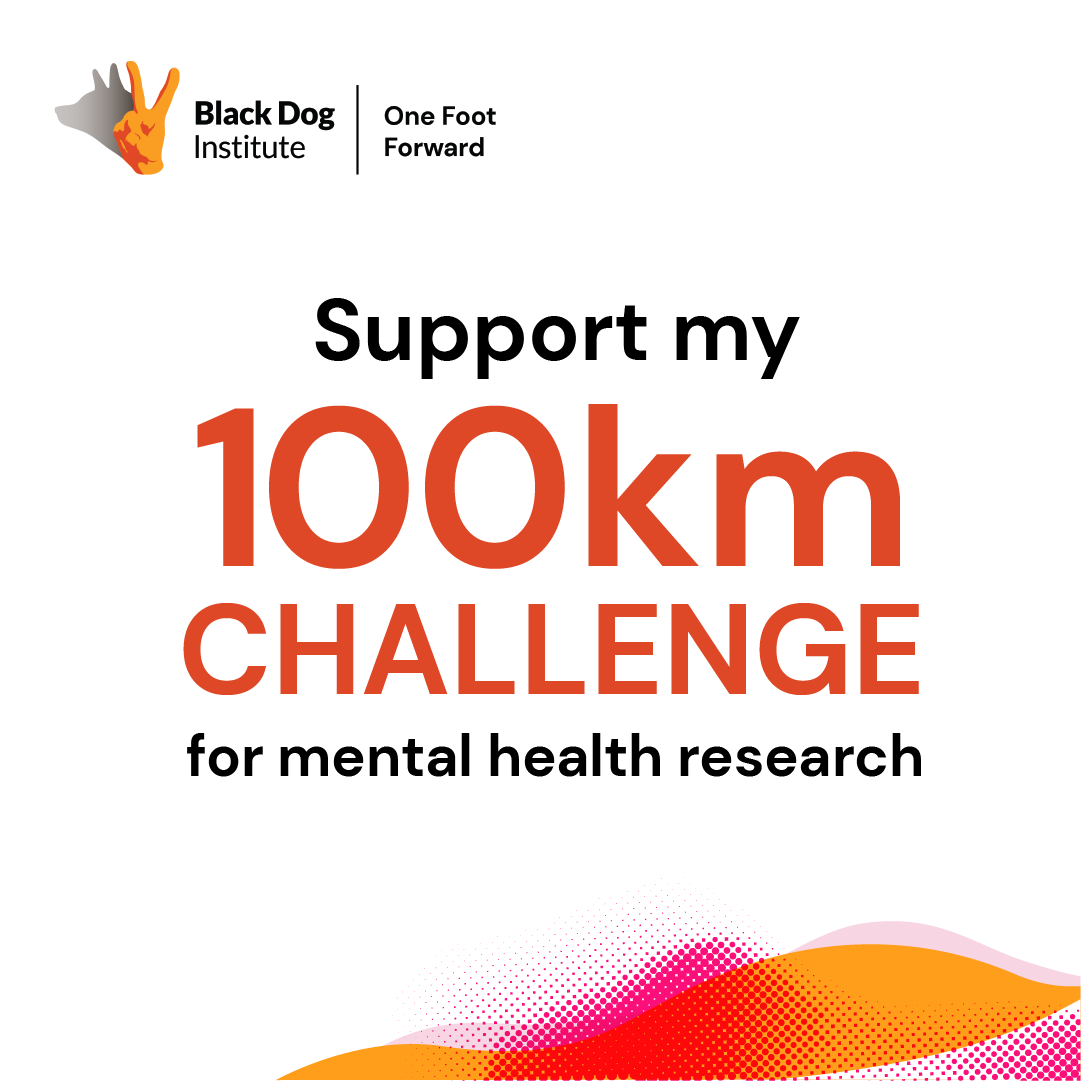
I'm walking to raise funds for Black Dog Institute, so that they can put ground-breaking new mental health treatment, education, and digital services into the hands of the people who need them most. It would mean so much to me if you donated to support my walk. In my 'day job', I refer clients to resources like the Black Dog Institute every week. It's important to me that free mental health care services are available to assist those in need 24/7.
Together, we can create better mental health...
What is an Invitation to Learn?
I've had a lot of questions about some terms I use, lately.
What is an invitation to learn?
What is strewing?
What is a rich learning environment?
Why are you so passionate about make memories?
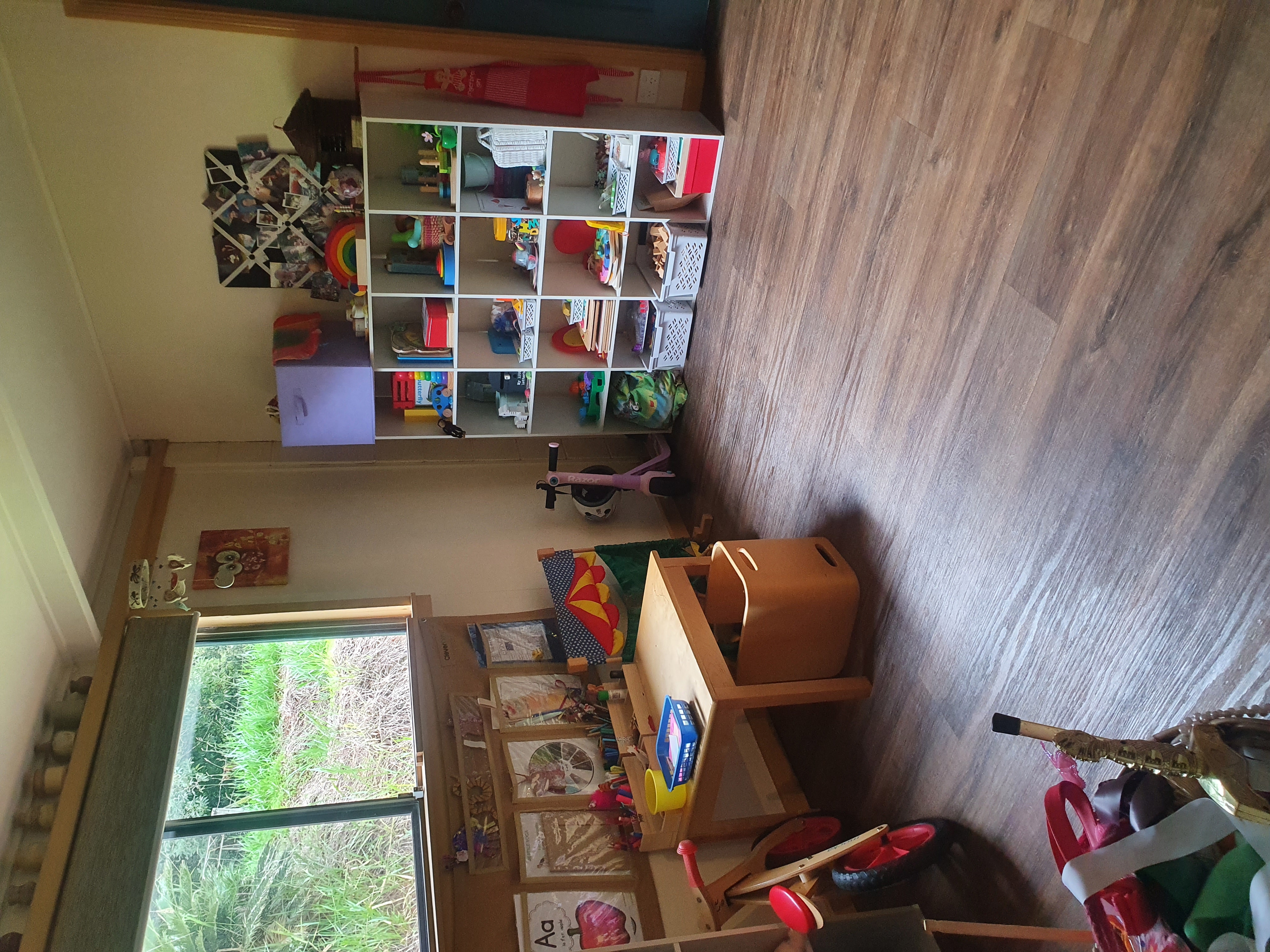
This photo is of Zeah's learning space a couple of years ago. It still looks like this, but with some of the toddler items moved on, and more big-kid things (and mess, plenty of mess). This room itself is an invitation to learn - there are a variety of toys, art activities, games and books (out of the shot) and she can set up to play and not have to pack it away right away. The room is an open area off our living space so she can see and hear me while I do Mum things, or work from home. For older kids, an inviting space might be games displayed on shelves, a comfy place to sit and read, quality books that are easy to find, art supplies that are accessible and interesting with images for inspiration, blank journals and nice pens, or a musical instrument in a living space (eg our guitars are ...
Learning About: Australia
The last theme I shared was when we had a Dinosaur adventure! We've enjoyed a couple of themes since then, which you may have seen on our Instagram or Facebook, but I haven't collated them into a post here ... until now! Australia is a unit I repeat with my children most years through their childhoods. We usually start with Aussie animals and move all the way through history, geology, geography, literature and politics as they grow. This, of course, is because we live here!
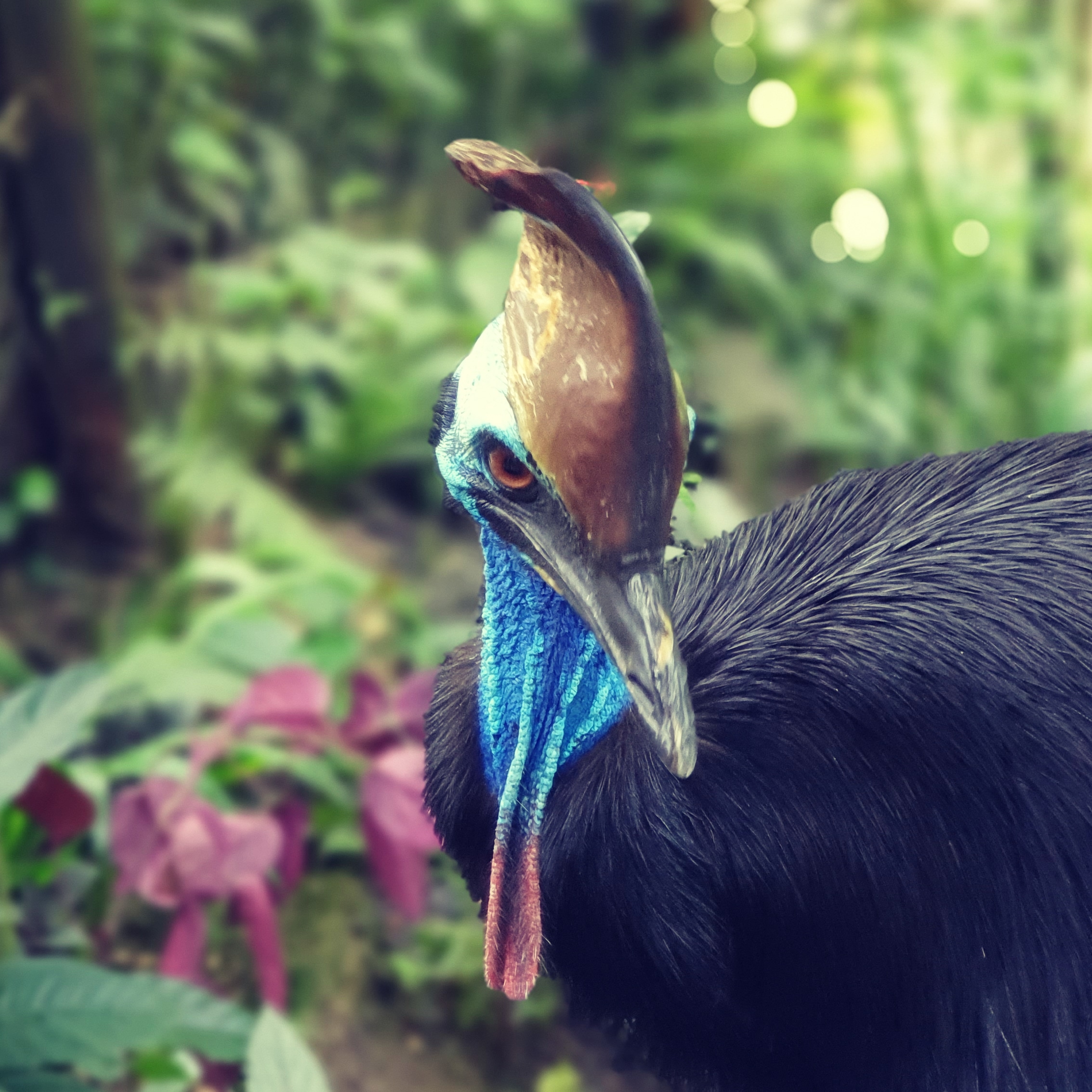
We already had a large number of Australian books including a shelf full of Aboriginal Australian stories I've collected for over two decades. With Zeah my emphasis explored the first nations culture and stories more than I had with my other children because I had just finished studying a fascinating, transformational unit through University of Tasmania called Indigenous Lifeworlds. I now realise that we need to have these stories, this culture, as the basis for our ongoing learning. One book I highly recomme...





